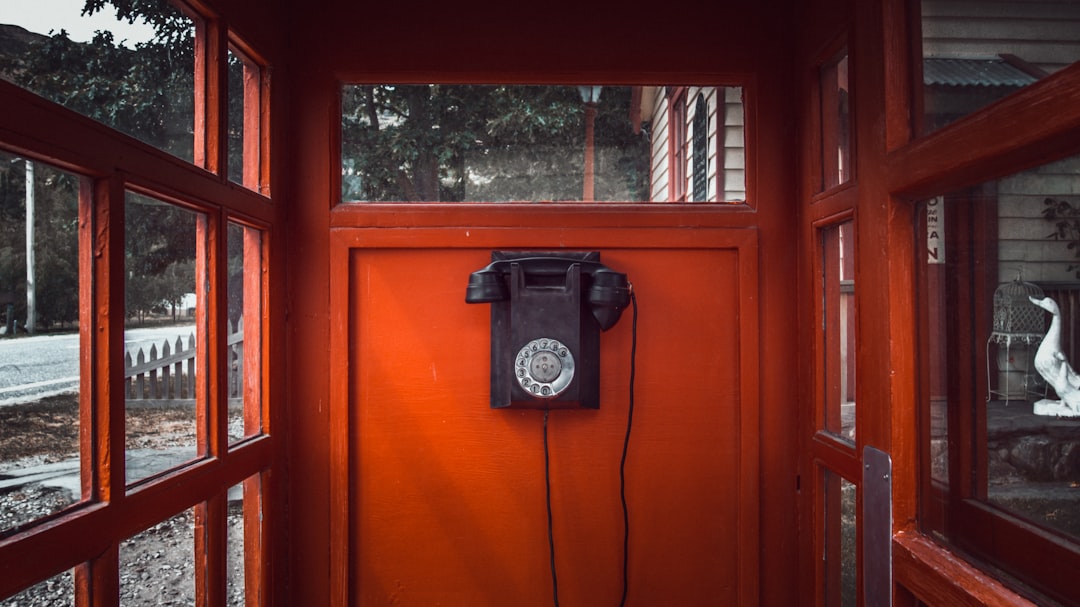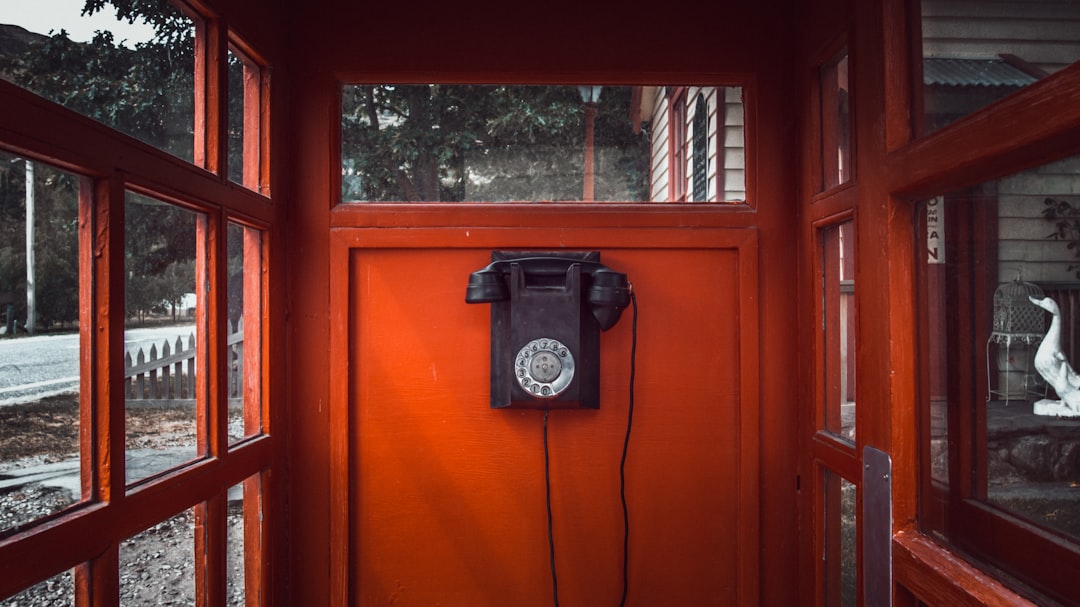In Pennsylvania, "No Call Laws" protect residents from unwanted telemarketing and robocalls. Consumers experiencing harassment can file complaints with the Pennsylvania Public Utility Commission (PUC) and seek guidance from specialized No Call Laws attorneys or law firms. These professionals help navigate legal complexities, offer tailored solutions, and advocate for victims' rights. Key steps include filing a complaint with the Federal Communications Commission (FCC) and providing detailed call information. Robocall law firms play a vital role in enforcing these laws and ensuring residents receive protection under state legislation.
“In the age of digital communication, robocalls have evolved from mere advertisements to a pervasive form of harassment. This is especially true in Pennsylvania, where consumers are increasingly plagued by unwanted automated calls. Understanding ‘No Call Laws’ and their implementation is crucial in protecting residents from this modern-day nuisance.
This article delves into the various aspects of robocall harassment, offering insights on legal protections, options for victims, and how to navigate the process with a robust No Call Laws lawyer or law firm in Pennsylvania.”
- Understanding Robocall Harassment in Pennsylvania
- The Role of No Call Laws in Protecting Consumers
- Legal Options for Victims of Unwanted Robocalls
- How to File a Complaint Against Robocallers
- Common Robocall Scams and Fraud Schemes
- The Impact of Robocall Harassment on Mental Health
- Choosing the Right No Call Laws Attorney in Pennsylvania
Understanding Robocall Harassment in Pennsylvania
In Pennsylvania, robocall harassment is a growing concern among consumers. Automated phone calls, often unsolicited, from telemarketers or scammers, can be a nuisance and, in some cases, illegal. These robotic calls may promote various products, services, or even fraudulent schemes, leaving recipients feeling distressed and violated. Understanding the extent of this issue is crucial for both consumers and businesses operating within the state.
Pennsylvania’s No Call Laws are designed to protect residents from unwanted phone marketing practices. A consumer who registers their number with the Pennsylvania Do Not Call Registry agrees not to receive telemarketing calls. Legal action can be taken against robocallers who disregard these laws, with penalties for each violation. Consumers who experience persistent or harassing robocalls should consult a specialized No Call Laws lawyer in Pennsylvania to understand their rights and options, including seeking compensation or blocking future calls from identified sources. Robocall law firms in Pennsylvania play a vital role in advocating for affected individuals.
The Role of No Call Laws in Protecting Consumers
In Pennsylvania, “No Call Laws” play a pivotal role in safeguarding consumers from the nuisance and harassment often associated with robocalls. These laws, designed to protect residents from unsolicited telephone marketing calls, empower individuals to take action against persistent or abusive callers. By adhering to strict regulations, No Call Laws lawyer Pennsylvania professionals help ensure that businesses operate ethically and respect individual privacy.
A robust legal framework is in place, allowing consumers to file complaints against companies that violate these laws. No Call Laws attorneys Pennsylvania work tirelessly to enforce these regulations, providing a safe haven for residents from unwanted calls. Their expertise lies in guiding clients through the legal process, offering tailored solutions, and advocating for the rights of individuals overwhelmed by robocall harassment. Robocall law firms Pennsylvania are well-equipped to navigate complex legalities, ensuring consumers receive the protection they deserve under state legislation.
Legal Options for Victims of Unwanted Robocalls
If you’ve fallen victim to relentless robocalls in Pennsylvania, know that there are legal options available to protect your rights and put an end to this harassment. The state has implemented No Call Laws to curb unwanted telemarketing calls, offering consumers a level of relief from intrusive marketing practices. These laws empower individuals to take action against persistent robocallers by filing complaints with the Pennsylvania Public Utility Commission (PUC).
Victims can also seek legal counsel from a qualified No Call Laws attorney or law firm in Pennsylvania. Skilled legal professionals specializing in this area can help navigate the complexities of the law, guide you through the complaint process, and represent your interests if necessary. Don’t hesitate to reach out to a reputable robocall law firm in PA for assistance; they are equipped to provide the support and expertise required to resolve robocall-related issues effectively.
How to File a Complaint Against Robocallers
If you’re experiencing harassment from robocalls in Pennsylvania, it’s important to take action. The first step is to file a complaint with the Federal Communications Commission (FCC). You can do this online through the FCC’s Consumer Complaint Center or by calling their consumer help line. Additionally, you can report the robocalls to your state’s Attorney General’s office, which has the power to investigate and take legal action against violators of No Call Laws.
When filing a complaint, be sure to include as much detail as possible about the calls, such as the phone number of the caller, when the calls occurred, and what made them harassing. It’s also advisable to keep a record of the calls, including any messages left or options you selected when answering. With this information, a No Call Laws lawyer or attorney at a robocall law firm in Pennsylvania can help you navigate your legal options and potentially seek compensation for the distress caused by these unwanted calls.
Common Robocall Scams and Fraud Schemes
Robocalls have become a ubiquitous source of frustration and concern for consumers across Pennsylvania, often masquerading as legitimate business communications or even appearing to come from government agencies. Common robocall scams and fraud schemes include impersonation of utility companies, financial institutions, or government entities demanding immediate action; false claims of winning prizes or inheriting wealth; and high-pressure sales tactics related to health and wellness products. These automated calls often employ sophisticated technologies to target consumers based on personal data, making them a significant nuisance and potential threat to privacy and security.
Pennsylvania’s No Call Laws are designed to protect residents from these intrusions by limiting the number of marketing calls individuals receive. A lawyer for robocall issues in Pennsylvania or a no-call laws attorney can guide victims through their rights and options, offering legal recourse against companies and individuals engaging in these fraudulent practices. Robocall law firms in Pennsylvania play a crucial role in advocating for consumer protection, ensuring that businesses comply with state regulations regarding automated telemarketing calls.
The Impact of Robocall Harassment on Mental Health
Choosing the Right No Call Laws Attorney in Pennsylvania
When facing harassment from illegal robocalls in Pennsylvania, choosing the right No Call Laws Attorney is crucial to your case’s success. It’s essential to find a law firm with extensive experience in navigating Pennsylvania’s No Call Laws and a proven track record of defending clients against robocall lawsuits. Look for attorneys who specialize in telecommunications law and have a deep understanding of the state’s legal framework surrounding do-not-call regulations.
A reputable No Call Laws Lawyer or law firm in Pennsylvania will be well-versed in the Consumer Sales Practices Act (CPPA) and its provisions against deceptive and abusive telemarketing practices. They should offer tailored strategies to block unwanted calls, represent you in legal proceedings, and potentially seek damages for any financial losses incurred due to the robocalls. Ensure they have a client-centric approach, effective communication, and are dedicated to protecting your rights under Pennsylvania’s No Call Laws.






